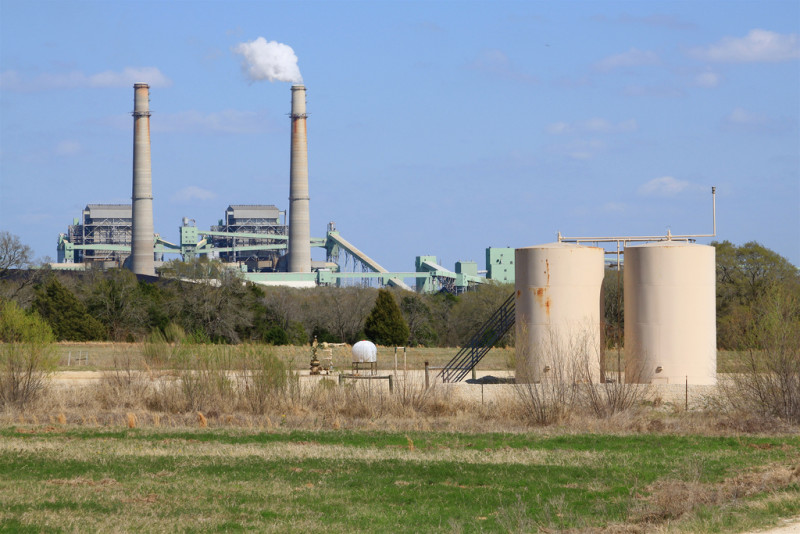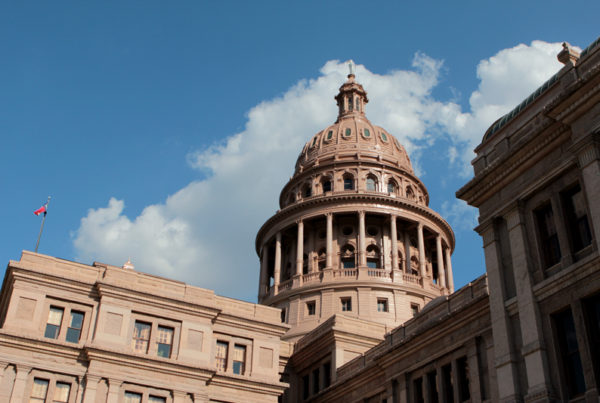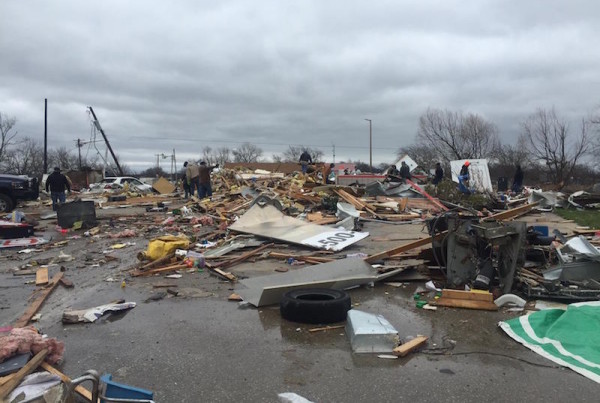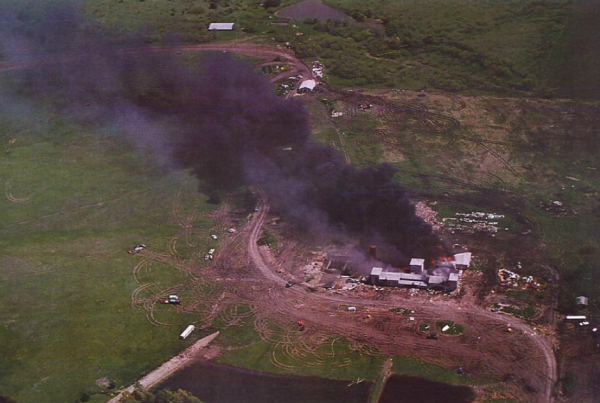This story originally appeared on Houston Public Media.
It’s been 16 years since oil was this cheap at this point in an election cycle. Vice President Al Gore was then cruising toward the democratic nomination. Voters listening to this year’s Democratic candidates may have a sense of déjà vu.
“Hillary Clinton has already said that by the time, what she sees as the end of her second administration, that every home in America will be getting its electricity from renewables,” says Daniel Yergin, vice chairman of economic research firm IHS. “And there will be a lot of emphasis on climate change as an issue, particularly aimed at the millennials.”
Clinton’s rivals for the Democratic nomination, Vermont Senator Bernie Sanders and former Maryland Governor Martin O’Malley, are taking a similar tack. Effectively, all three are pledging to build on the policies of the Obama administration.
That’s certainly how the Republican candidates are hoping voters will see it.
“I think in general that the issues that might be on the table in terms of energy are net negatives for Democrats,” says Brandon Rottinghaus, associate professor of political science at the University of Houston, “because they tend to be taking positions on these issues that are against what the American people want. Whether it’s the best thing for the world or for the nation is unclear, but the Democrats tend to be on the less popular side of these issues.”
Those issues include construction of the Keystone XL pipeline, linking Canada’s oil sands to refineries in Port Arthur and Houston. Virtually the entire Republican field has pledged to reverse President Obama’s decision to block the project.
Also at issue are clean air regulations that discourage the construction of coal-fired power plants.
“Although traditionally Pennsylvania might lean toward the Democrats, West Virginia has leaned toward the Democrats, these are places where if you take the wrong position on an energy issue, especially like clean coal, then it could hurt the candidate,” Rottinghaus says.
Many in both of those key states blame President Obama’s power plant regulations for the loss of coal mining jobs. Donald Trump, Texas Senator Ted Cruz, and Florida Senator Marco Rubio have all called to roll back those rules.
Another energy issue that potentially favored Republicans was taken off the table recently by act of Congress.
“We’ve already seen now the U.S. oil export ban starting to be removed under the federal budget deal,” says Matthew Bey, an energy analyst for Austin-based private intelligence firm Stratfor. “We’ve seen some of the tax credits for renewables be put into there in exchange for the Democrats.”
Cruz voted against the appropriations bill, despite his support for ending the oil export ban. Rubio, who has also called to end the embargo, declined to vote.
The last time energy policy played a major role in a presidential campaign was 2008, when the price of crude oil soared close to $150 a barrel. Today, it’s about a quarter of that.
“If we continue to have falling prices for average Americans for energy, whether that’s your pump prices for gasoline if the price of oil stays low or people’s electricity prices come down, I don’t think it’ll be an election issue,” says Amy Myers Jaffe, executive director of energy and sustainability at the University of California, Davis.
Jaffe says the wild card is the Middle East. An ISIS attack on oil infrastructure in Iraq, or farther afield, could set the price of crude climbing again fast. In that case, all bets are off.
















